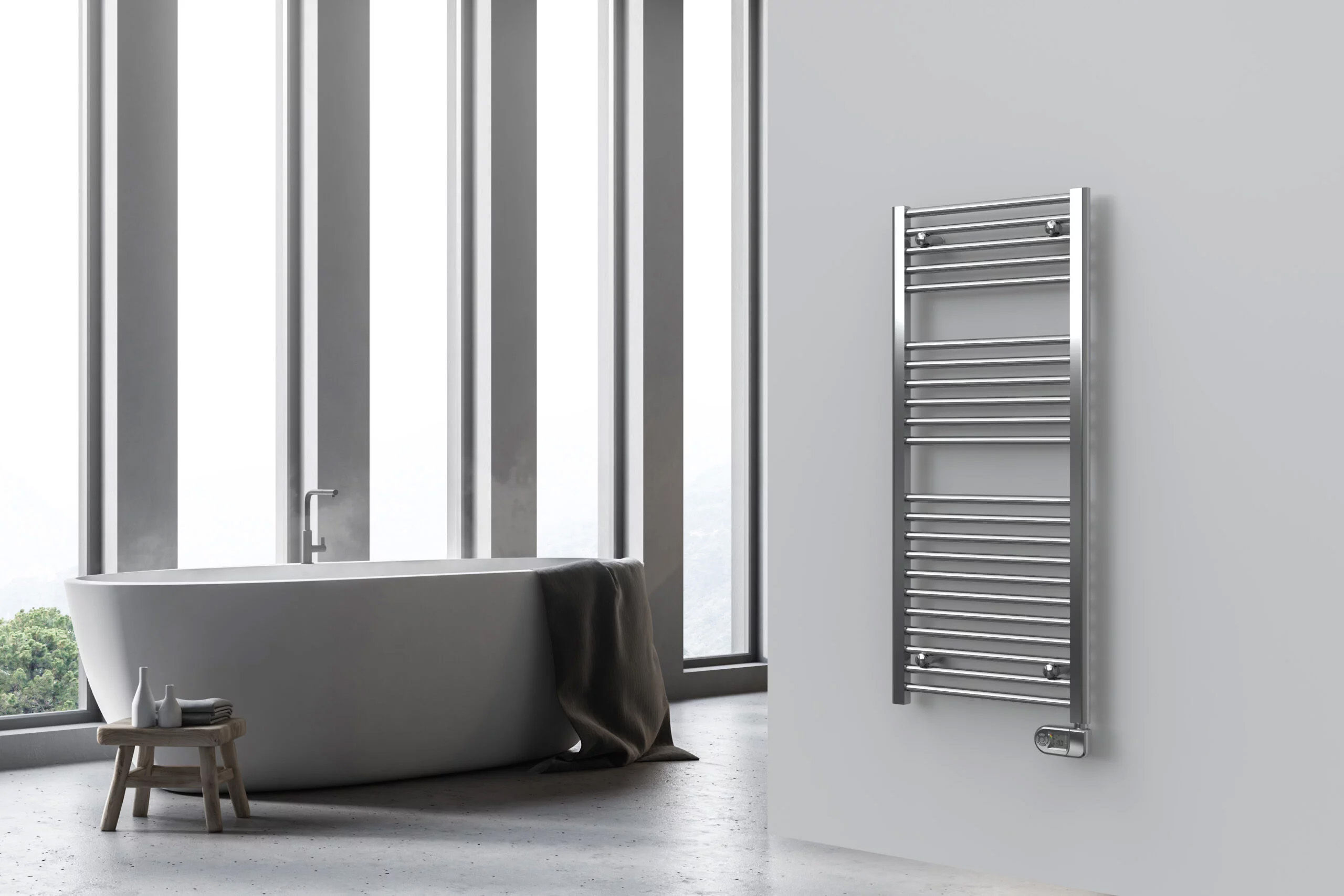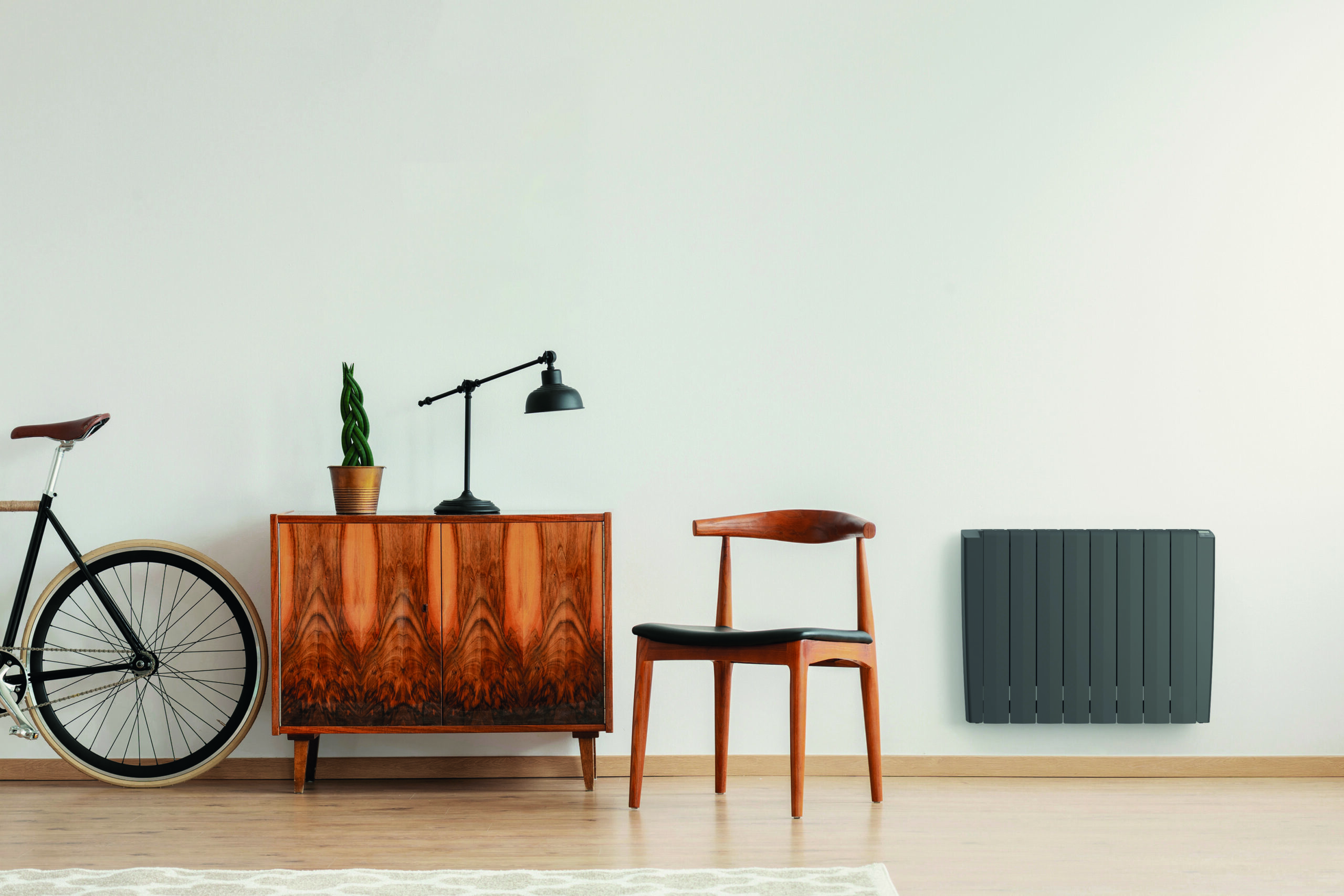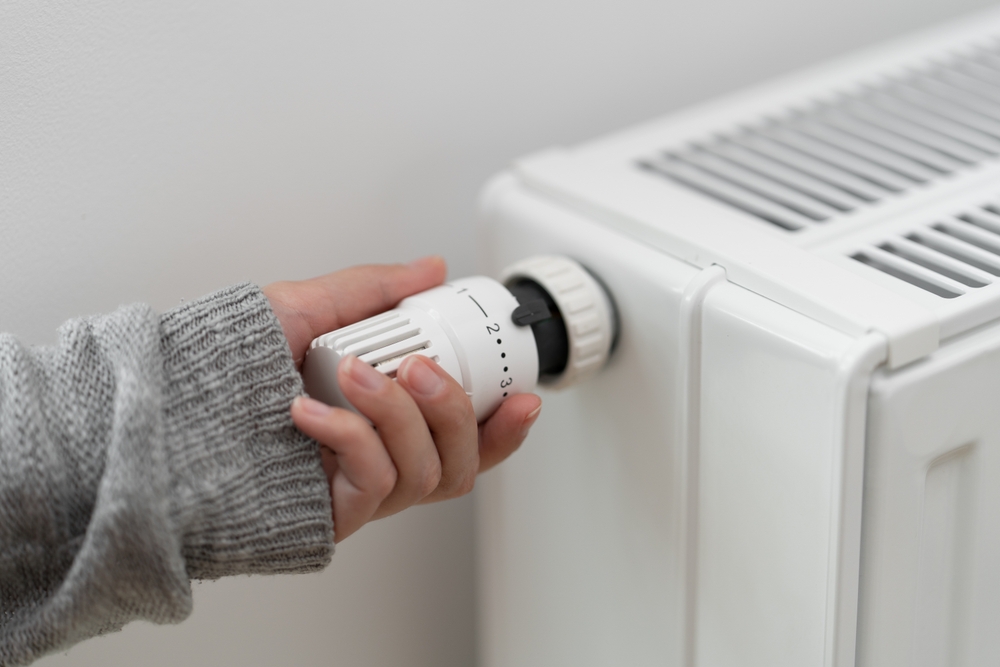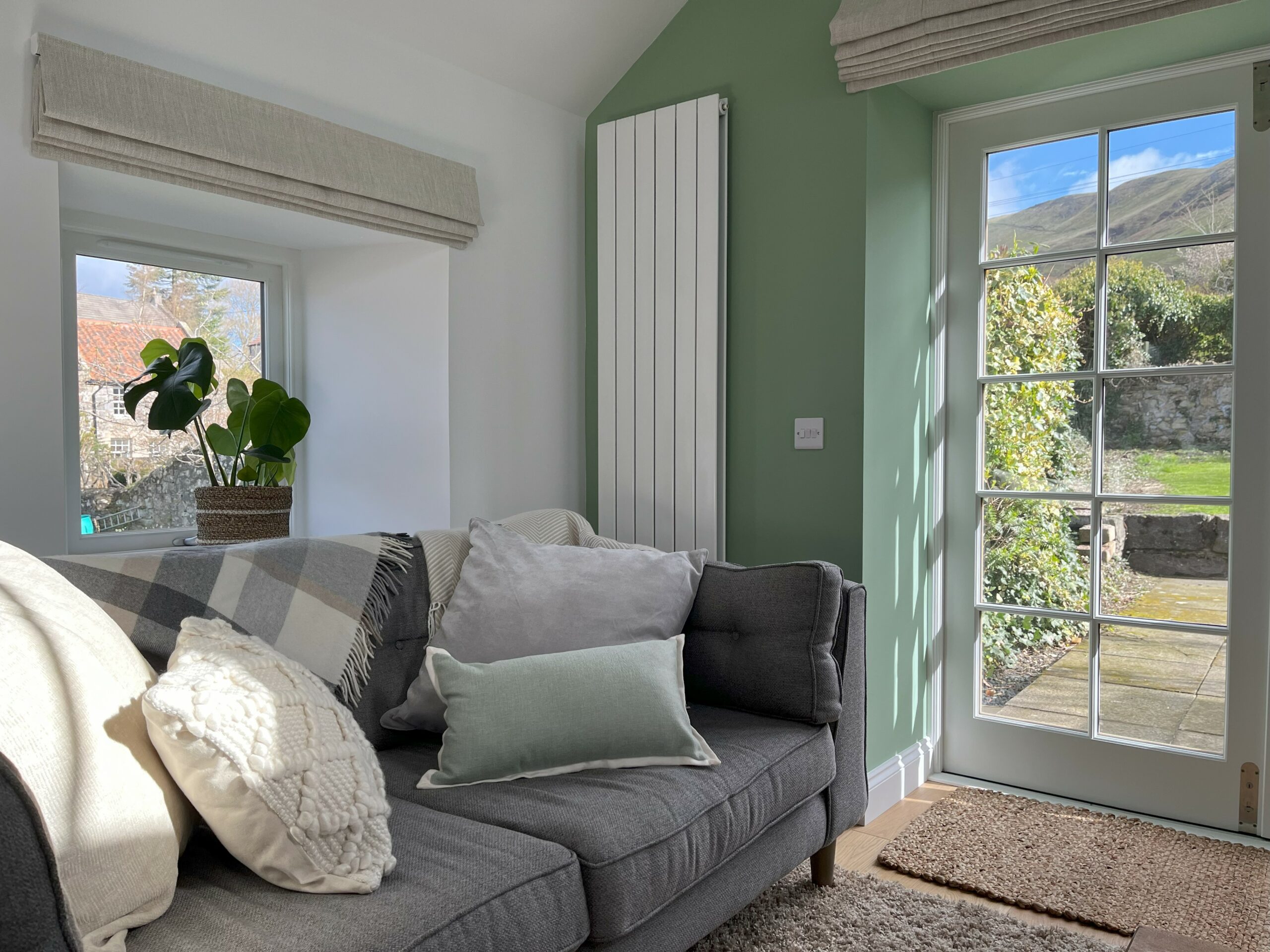Upgrading heating systems in mid-century homes can present a unique set of challenges. These properties tend to come with old infrastructure that might not be compatible with modern, energy-efficient systems. At Stelrad, we offer expert advice on choosing the best heating system for old houses, ensuring your mid-century home remains warm and energy-efficient all year round. In this blog, we’ll explore the key considerations when replacing or upgrading a heating system in an older house. From assessing the current infrastructure and understanding common challenges to selecting the most efficient heating system for an old house, this guide will help you make informed decisions.
Challenges When Replacing a Heating System in an Old House
Replacing a heating system in an older house can be more complex than upgrading a modern home. Common challenges include outdated pipework, inefficient boilers, and old radiators that no longer meet energy standards. One of the biggest hurdles is that existing radiators for mid-century homes are unlikely to be energy-efficient, leading to higher energy bills and inconsistent heating. Older houses may also have non-standard pipe sizes or layouts that complicate the installation of a new system. Ensuring the entire system, including radiators and pipework, is updated can help you avoid costly repairs down the line while improving the overall efficiency of your home.
Another key consideration is the potential presence of hazardous materials, such as asbestos, in older homes. Asbestos was commonly used in insulation and around heating systems in mid-century properties. If disturbed during the replacement process, it can pose serious health risks. Hiring professional installers who are experienced in working with older properties is crucial to ensure safety and compliance with regulations.
Additionally, insulation in older homes is often inadequate by today’s standards. This means that even with a new heating system, heat loss may still occur unless proper insulation measures are taken. Addressing these issues alongside replacing the heating system can help you achieve the best heating system for old houses, maximising both comfort and energy efficiency.
Examine the Old Infrastructure
Before upgrading heating systems in mid-century homes, it’s crucial to assess the existing infrastructure. Retaining elements such as pipework can help save costs, provided they are in good condition. However, if your boiler is over 10 years old, replacing it with a modern, energy-efficient model is advisable to reduce energy consumption and costs.
Consulting a professional heating engineer is essential to assess the condition of your current pipework and determine whether upgrades are necessary. They can help identify any weak points or areas prone to leaks, which, if left unaddressed, could undermine the efficiency of your new heating system. Upgrading old pipes and radiators is critical not only to prevent potential issues but also to enhance the overall efficiency of your heating system. Modern radiators for mid-century homes can significantly improve the performance of your heating setup.
In many older homes, the existing pipework might be narrow or corroded, restricting water flow and reducing system efficiency. Replacing these pipes with wider, more durable ones can improve heat distribution and ensure that each room receives adequate warmth. Furthermore, replacing inefficient radiators with modern, high-performance models is essential to achieving the most efficient heating system for an old house.
Upgrading the Existing Heating System
Depending on the condition of your current heating system, the level of upgrade required can vary. While some systems may need a full replacement, others might only require flushing to remove sludge and a comprehensive service. Flushing the system helps remove built-up debris and sludge, which can block radiators and reduce their efficiency.
On average, replacing a gas central heating system in a three-bedroom house; including a new boiler and nine radiators, costs around £3,500. If pipework replacement is needed, this could increase costs by approximately £1,000. Boilers requiring a new water tank may add an extra £200. However, these costs can vary based on the size of your home, the type of system, and specific requirements such as radiator replacement preferences.
Key Options to Consider When Replacing Your Heating System
Condense Your Boiler: Condensing boilers are among the most efficient options available, capturing more heat and reducing energy waste. They are often the best heating system for old houses, as they work well with modern radiators. These boilers are particularly suitable for homes that have been retrofitted with better insulation and double glazing.
Biomass Boilers: Biomass boilers are an eco-friendly choice, burning renewable organic materials like wood pellets. While initial installation costs are higher, they offer long-term savings and sustainability benefits. They are ideal for homeowners looking to reduce their carbon footprint while maintaining a comfortable indoor environment.
Gas Boilers: Still a popular choice for many homeowners, modern gas boilers are efficient and reliable. When upgrading heating systems in mid-century homes, gas boilers can offer a familiar and cost-effective solution. They are compatible with most modern radiator systems and can be combined with smart thermostats to further enhance efficiency.
Heat Pumps: Heat pumps are a great alternative for those looking to reduce their carbon footprint. They work by extracting heat from the air or ground and can be paired with energy-efficient radiators for mid-century homes. While heat pumps have a higher upfront cost, they provide significant long-term savings and reduce reliance on fossil fuels.
Radiators: Replacing your old radiators is essential for achieving the most efficient heating system for an old house. High BTU radiators are ideal for large, open-plan spaces, ensuring that even the most expansive rooms remain warm. For smaller, more standard-sized rooms, energy-efficient radiators are a better option. Modern radiators come in a variety of styles, including compact and designer models, allowing you to enhance both functionality and aesthetics.
Creating an Energy-Efficient Heating System for an Older House with Stelrad
When upgrading your home’s heating system, simply replacing boilers and pipework is not enough if you want to achieve optimal efficiency. Without modern, energy-efficient radiators, your new heating system won’t reach its full potential. At Stelrad, we recommend high BTU radiators for large, open-plan mid-century homes to ensure even heat distribution in expansive spaces. High BTU models are specifically designed to provide powerful heating in larger rooms, compensating for heat loss that might occur due to older construction methods.
For standard-sized houses, opting for energy-efficient radiators is key to reducing energy consumption and lowering heating costs. Our range of energy-efficient radiators at Stelrad includes models designed to deliver maximum warmth with minimal energy use. By choosing the right radiators for mid-century homes, you can create a more effective and eco-friendly heating system that meets modern standards.
Additionally, we offer a wide selection of radiator styles to complement the aesthetic of mid-century homes. Whether you prefer sleek, minimalist designs or more traditional options, there is a radiator to suit your style and performance needs at Stelrad.
Get the Most Out of Your Home’s New Heating System
Upgrading heating systems in mid-century homes can seem daunting, but with the right guidance and products, it doesn’t have to be. By carefully assessing your existing infrastructure, addressing common challenges, and selecting the most efficient heating system for an old house, you can significantly improve your home’s comfort and energy efficiency. Don’t forget that replacing old radiators with modern alternatives is crucial to maximising the performance of your new system.
Our expert team at Stelrad is here to help you choose the best radiators for mid-century homes, ensuring you get the most out of your upgraded heating system. Get in touch with us today to explore our range of high-quality radiators, and for further guidance on finding the best energy-efficient radiators for your home and start your journey toward a warmer, more efficient home.
 Next Day Delivery£18 For Next Day Delivery On All Products*When ordered before 2pm.*T&Cs apply
Next Day Delivery£18 For Next Day Delivery On All Products*When ordered before 2pm.*T&Cs apply HOME SERIESConcord Rail Coloured
HOME SERIESConcord Rail Coloured






